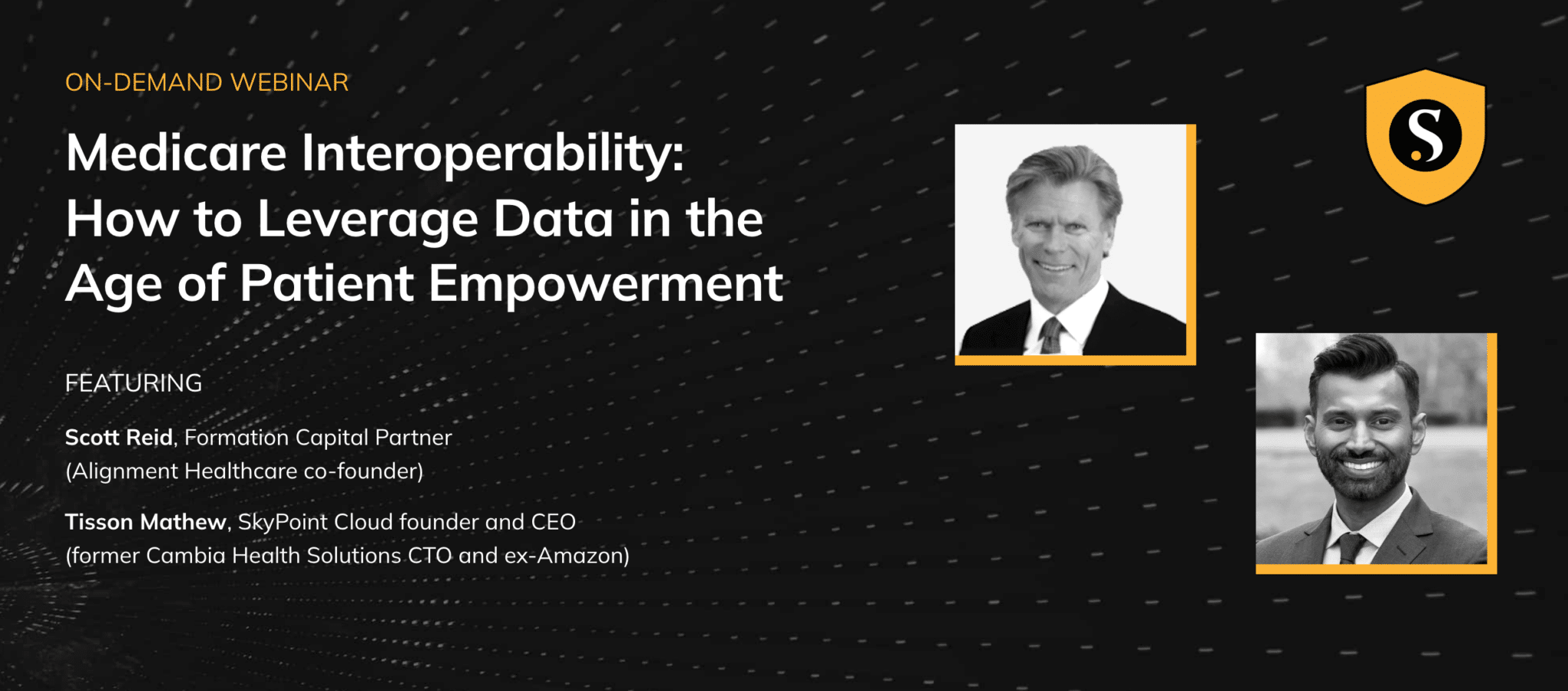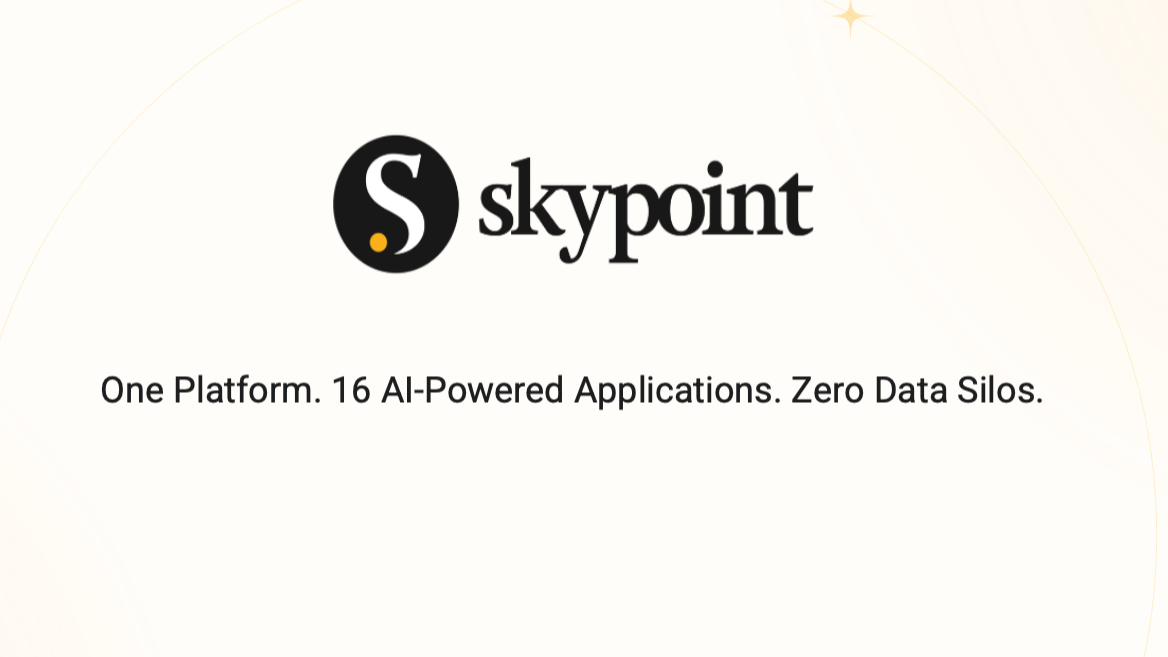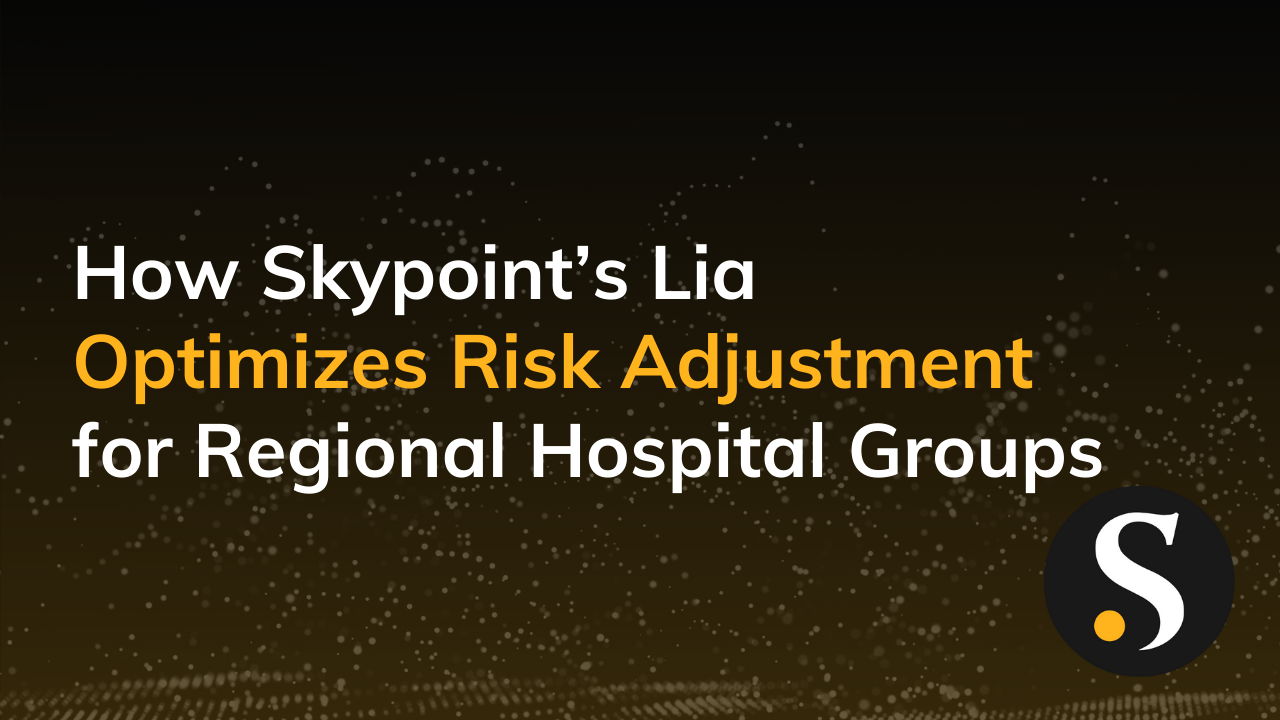The word “empowerment” is overused so much in our modern world that we sometimes forget its meaning and its impact.
Empowerment means giving someone more authority and control through the level of support they need in order to thrive. Engagement and empowerment are related. Yet, engaging someone is about causing interactions and results while empowering someone is about instilling power and confidence.
Patient engagement was the primary focus in the healthcare space for many years. Now healthcare is evolving past the granular scope of patient engagement and ushering in something bigger…a new age of empowerment for both members and patients. The piece that was missing all along was data interoperability.
Data Interoperability is Sparking Change in Healthcare
Data interoperability is the seamless exchange of information between systems and people. It is the ability for organizations to both share and access their data.
Healthcare professionals have long recognized the importance of data interoperability within their organization, how it improves clinical outcomes and simultaneously elevates the patient experience.
A newer revelation is the way interoperability leads to empowerment. Data interoperability is transforming the relationship between providers and patients and creating a data-driven partnership between providers and members.
Throughout the healthcare journey, everyone is a decision-maker—they are more informed, with more authority than ever before.
When everyone was stuck in a “the way it’s always been” mentality, Medicare used to move at a glacial pace. Processes and technologies were antiquated or non-existent. Care coordination was slow and ineffective.
How can providers ever understand the big picture of an individual’s health if they can’t properly access information? And, how can patients receive the best possible care when providers are dealing with fragmented data?
With 10,000 new participants joining Medicare each day, something had to change. That change has not “only just begun,” it has accelerated thanks to a growing focus on adopting healthcare technology and fostering data interoperability.
How Healthcare Leaders are Forging Interoperability Strategies
Siloed information does the polar opposite of empowerment…it denies access, it hinders progress, and it prevents better outcomes. To achieve member and patient empowerment, you must focus fully on achieving data interoperability at scale.
Achieving data interoperability at scale requires unified, accurate, up-to-date, and portable digital patient records. This is no easy feat, given the substantial amount of healthcare data organizations are navigating today that is disjointed more often than not.
Additionally, the data privacy legislation list grows longer and more intricate across both healthcare and non-healthcare industries. With the Cures Act now in full effect, definitive rules and regulations are making it easier for patients to access their information and the costs associated with the services they receive.
Power and preference are being put right into the hands of healthcare consumers. In response to this new age of patient empowerment, healthcare providers must fundamentally rethink how they leverage data and share that data back with members themselves.
This is a good time to hit pause and rethink your organization’s approach to data. Our on-demand webinar Medicare Interoperability: How to Leverage Data in the Age of Patient Empowerment will help better prepare your organization for the very near future.
In this webinar, Formation Capital Partner, Scott Reid (Alignment Healthcare co-founder), and Skypoint Cloud founder and CEO, Tisson Mathew (former Cambia Health Solutions CTO and ex-Amazon), discuss how healthcare leaders are forging interoperability strategies for the new era of patient empowerment. Join to learn:
- Why data interoperability will transform the relationship between healthcare providers and patients
- What interoperability requires from a technology, people, and process standpoint
- The concrete next steps that every healthcare organization should take to foster a data-driven culture and build an interoperability roadmap



